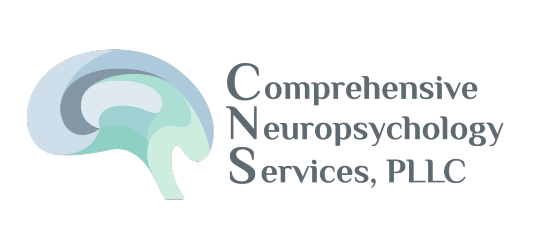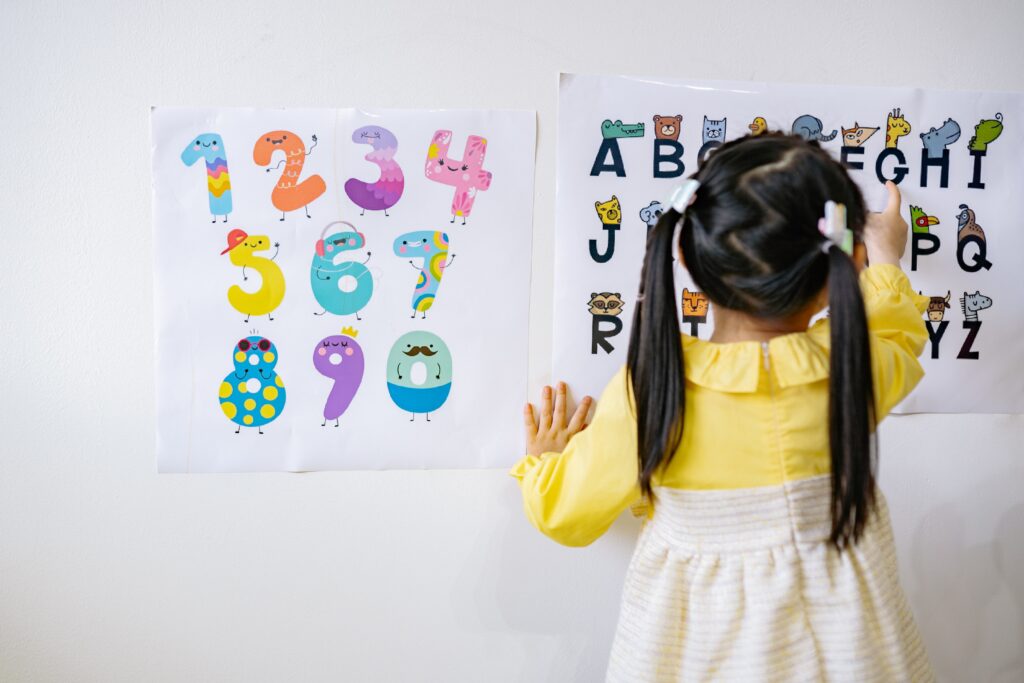
In today’s world, it can be challenging for both children and adults to juggle the many responsibilities, activities, and demands they face day-to-day. To successfully function at home, school, work, and in relationships, it is vital to set goals, plan and organize an approach to meet those goals, and be able to flexibly and efficiently execute that approach.
Unfortunately, organizing, planning, and meeting goals can be especially difficult for people with Attention Deficit Hyperactivity Disorder (ADHD). ADHD is a neurodevelopmental disorder that is characterized by inattention and in some cases impulsiveness and hyperactivity. These and other related symptoms cause individuals with ADHD to struggle to perform well in multiple areas of their lives.
The good news is, we know how to help. Below are a few key ideas to consider in helping you or your child “get it together” and more effectively meet goals.
- Structure the environment
- Set a time and designated space to complete tasks (homework, projects, email)
- Minimize distractions – remove items from the workspace, turn off tv, and put your phone on ‘do not disturb’ mode.
- Consider the Pomodoro technique which involves setting a timer and working for ~25 minutes followed by a 5-minute break. Adjust the times to fit your needs. Also, take longer breaks after 4 cycles
- Get involved in the plan
- Decide or have your child decide what organizational tools work and get them (e.g., a dry erase board, colored folders, a binder, planner, or pencil bag).
- For parents, ask your child if you can share a strategy you’ve tried. Avoid telling them what they need to do. Their buy-in is important.
- Teach skills
- Break down a skill (turning in homework, making a complex meal) into steps.
- Teach and practice one step at a time (write down assignment, make grocery list). Identify any barriers and problem solve new solutions.
- Write out or have your child write out remaining steps and a plan on when to practice those steps. Put the plan where it can be seen.
- For parents, refer your child to the plan, rather than telling them what needs done.
- Develop habits
- Be specific about where and when the task or step will be completed.
- Decide how you/your child will be reminded. Consider phone reminders, post-it notes, or even a paper hanging in the middle of a doorway. Obvious is best.
- Anticipate what will get in the way and problem solve ways to avoid them.
- Keep at it! Habits can take weeks or months to be engrained.
While improving organization, time management, and goal-setting can be helpful for all of us, building these skills and habits are especially important for individuals who struggle with ADHD. If you, your loved one, or your child is experiencing symptoms of inattention, such as distractibility, forgetfulness, trouble organizing and following through, or hyperactivity and impulsivity, it may be helpful to seek an ADHD evaluation and testing.
Evaluations involve a thorough interview, observations, questionnaires, and often standardized tests. The comprehensive evaluation is key, as it helps to rule out known causes of ADHD symptoms and determine if other factors may explain or contribute to the symptoms. For example, some individuals with ADHD also have anxiety or depression, and it is essential to address these conditions in order to manage the symptoms of ADHD effectively. A neuropsychologist is well-suited to conduct these evaluations and help individuals and their families move toward a life with greater joy, fulfilment, purpose, satisfaction, and connectedness.










